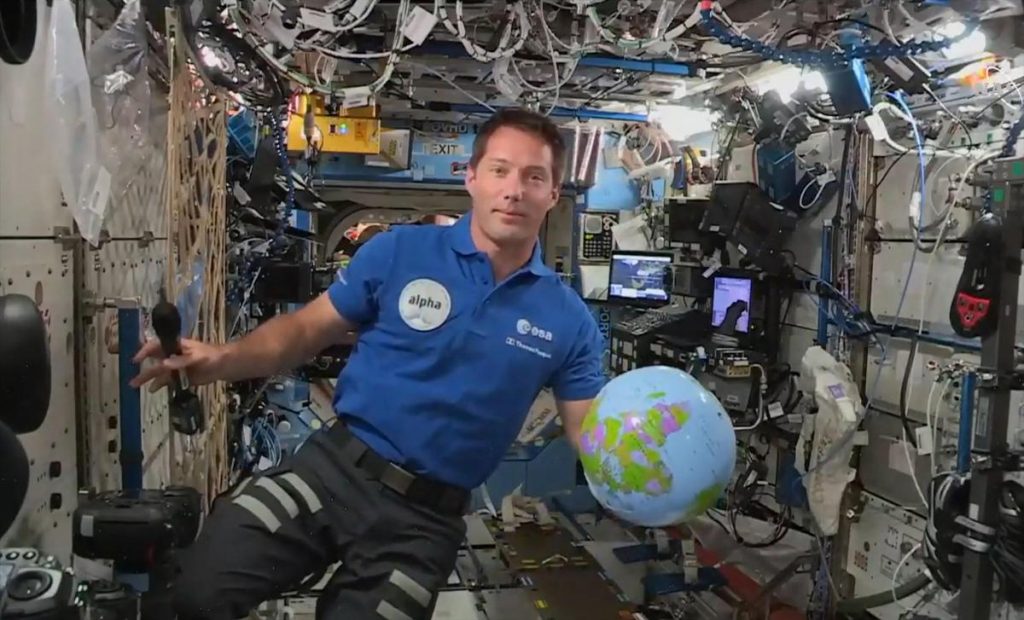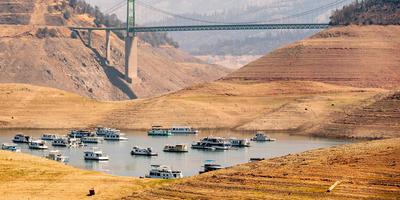With COP26 taking off on Sunday, Thomas Pesquet voiced his concerns about the International Space Station
At an altitude of 400 kilometers, Thomas Pesquet has been a special witness to the disasters that have struck Earth over the past six months. From the International Space Station, where he completed his second mission, the French astronaut expresses his concerns about the future of the blue planet, In the run-up to COP26.
What pictures of natural disasters shocked you the most?
Hurricanes and wildfires. I’ve never seen it, massive fires of size, with plumes of smoke we can see from space for days and days… It was impressive to think of the energy released and the damage done to people who weren’t lucky enough to stay in the way. We have also seen a series of tropical storms, so impressive, we can look into the eye of a hurricane. They are walls of clouds of supernatural power, recurring more and more destructively.
If you saw the Earth from above for the second time, five years later, have you strengthened your awareness of its fragility?
Yes, clearly. Seeing the planet from your window makes you think. But it is enough to see it once in reality: we can only stay two days in space, the simple fact of taking a step back, to see the fragility of the atmosphere, this soap bubble that protects us from the impossibility of life in space, this is an incredible oasis … denotes for life.
And when you see changes over time – it obviously takes more than five years – you can’t help but be alarmed. That’s why I tried to commit myself more to the environment, by becoming an ambassador for Food and Agriculture Organization of the United NationsIn order to protect the planet, and to make me an advocate for all these causes…
What worries you most in the short term? What emergency measures should be taken against global warming?
What worries me most is that we cannot reach an agreement at the international level, and that economic issues always take precedence over environmental issues. However, this is short-term thinking because in the long run, corporate profits are directly threatened by climate change. when we see it Australia’s Great Barrier Reef is not on the endangered site list (UNESCO World Heritage, editor’s note) After pressure from the Australian government, we are telling ourselves that the priorities are not right and this is concerning.
The urgent need is to get rid of all carbon
The first thing to do is listen to the experts, whose lifelong work is to provide answers, at the local, regional, national and global level. We must try to implement it.
The urgent need is to get rid of all carbon. We must give priority to renewable or carbon-neutral energy… and then we need binding actions, that is, international commitments that countries have. That is the purpose of a forum like Cop26.

“Hardcore beer fanatic. Falls down a lot. Professional coffee fan. Music ninja.”








More Stories
Communications Assistant – MaCommunaute.ca
Update, antivirus, reset…these are the procedures you should know to avoid spying on your smartphone
Why doesn't water come out of the bottle in free fall? Experience